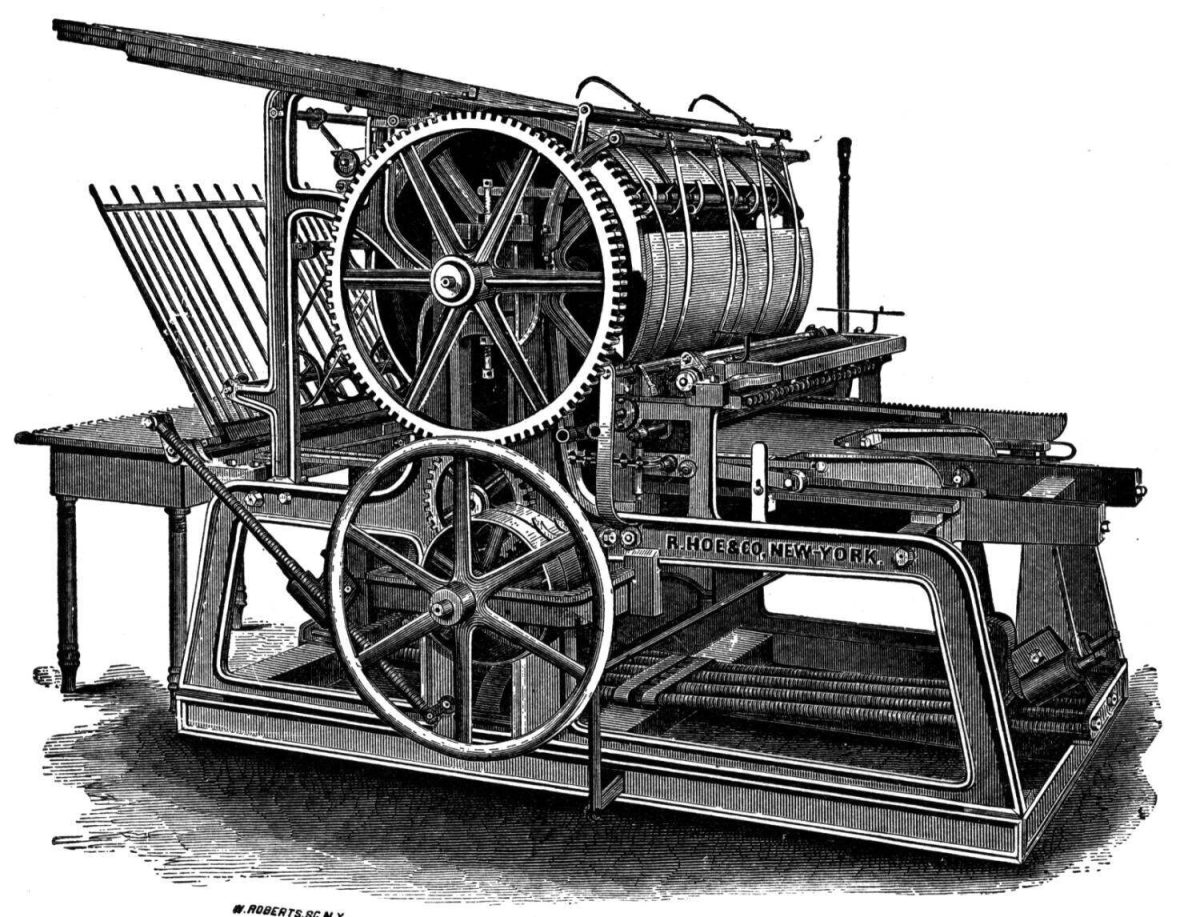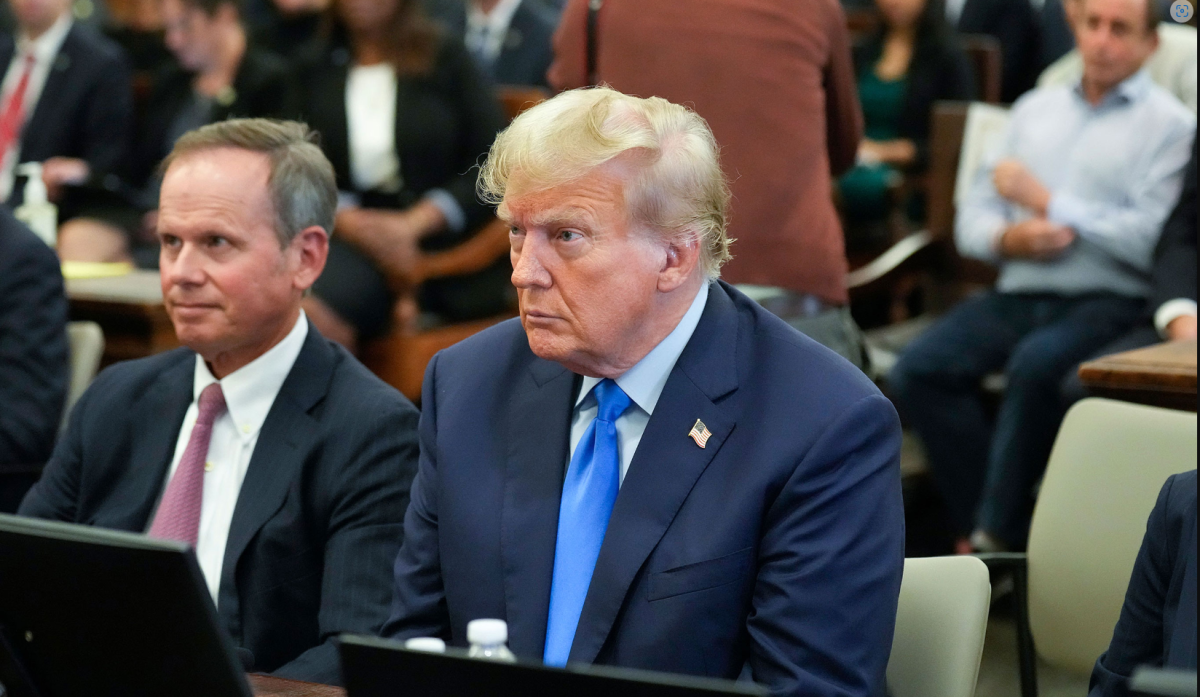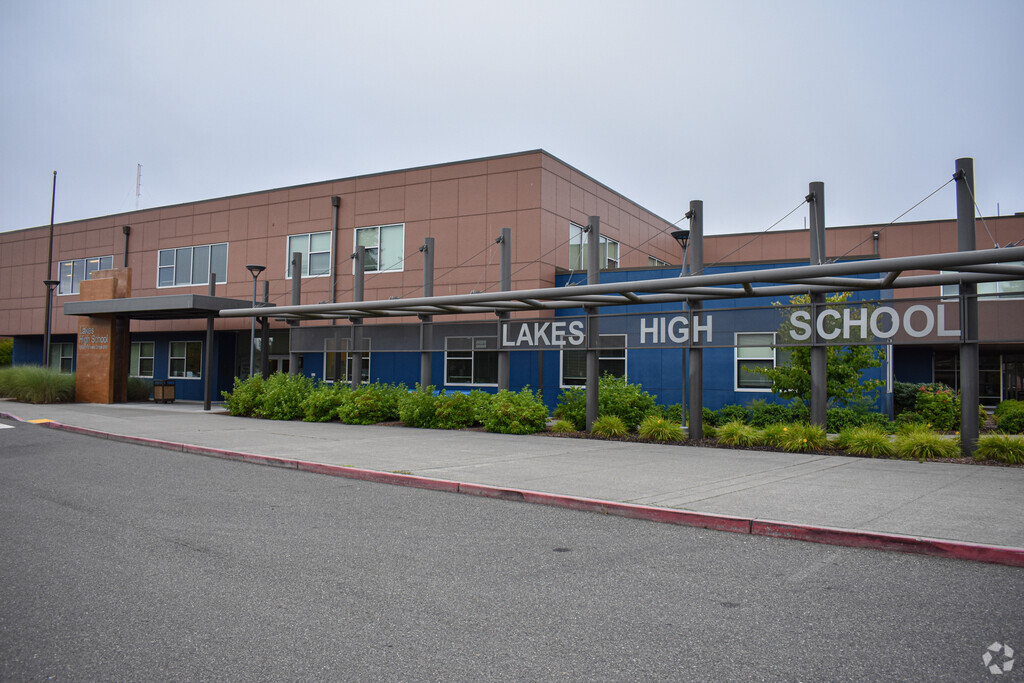The invention of the printing press by Johannes Gutenberg in the mid-15th century is one of the most important creations in human history. The printing press is a machine where text and images are transferred from movable type to paper or other media using ink. This revolutionary creation had a great impact on society, influencing many parts of life, such as education, religion, politics, and culture.
Before the invention of the printing press, books were copied by hand, making them rare and expensive. Because of this, access to knowledge was limited to the rich, such as the clergy and nobility. The poor wasn’t given access to knowledge at all. The printing press changed this by allowing the mass production of books, which reduced their cost and increased their availability. This caused widespread literacy and education for the general public.
One of the first and great impacts of the printing press was its effect on the spread of information and ideas. The ability to make multiple copies of texts quickly and correctly meant that new ideas could be spread more broadly and faster than it could be before. This had an important impact on the Renaissance. Scholars could now share their discoveries and theories with an even bigger audience, creating an environment where knowledge could be shared and created.
The printing press also played an important role in the Reformation, a religious movement that challenged the authority of the Roman Catholic Church and this led to the creation of Protestantism. With bibles being printed everywhere, ordinary people were able to read and understand religious texts for themselves, reducing the church’s control over religious knowledge which led to the rise of independence.
With politics, the printing press caused the spread of political ideas and gathered the public’s opinion. For example, pamphlets and books discussing political theory were shared. This empowered citizens to become more involved in politics. And the spread of revolutionary ideas through print media played an important role in major political events, like the American and French Revolutions. The printing press became a tool for political activists to get support and challenge existing power structures.
Culturally, the printing press gave way to the standardization of languages and the preservation of knowledge. As books were printed in languages other than Latin, regional dialects began to combine with standardized languages, this promoted national identities. Also, the printing press made sure of the preservation of knowledge across generations. Philosophical, scientific and literacy works, are no longer at risk of being lost or changed through manual copying.
The printing press also impacted the economy. The printing industry itself created new jobs and helped increase economic growth. The increase of printed materials also gave to the rise of a middle class that was literate, which created a higher demand for more books, newspapers, and magazines.
Therefore, in conclusion, the printing press changed our society for the better by making information more available, this created the spread of ideas. It had an influence on education, religion, politics, and culture. The impact the printing press had on the world was major.





